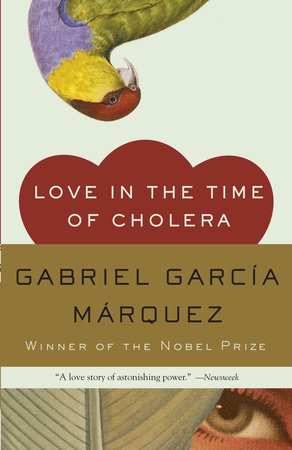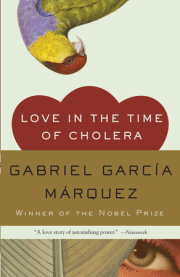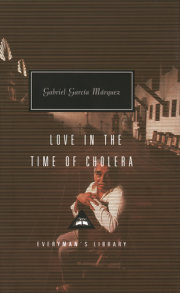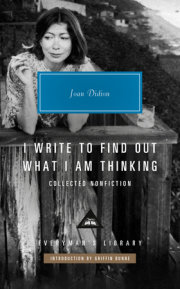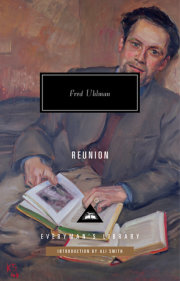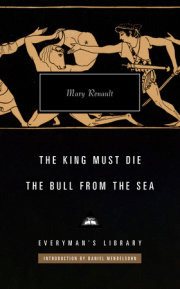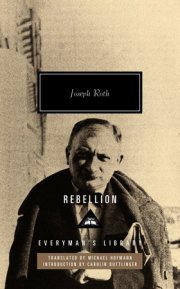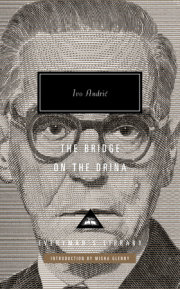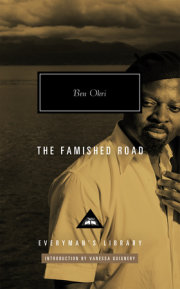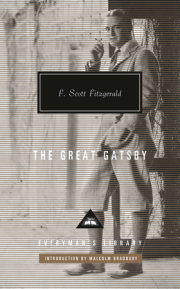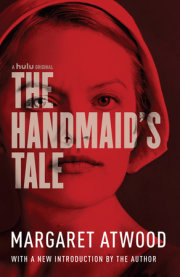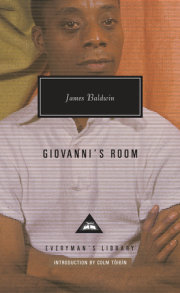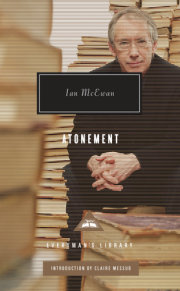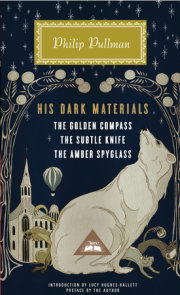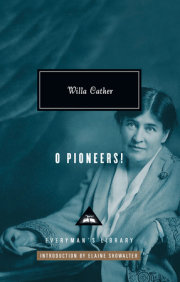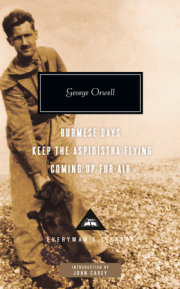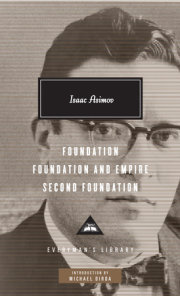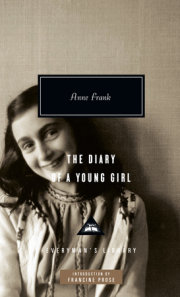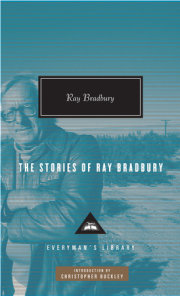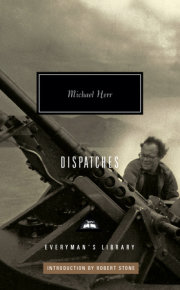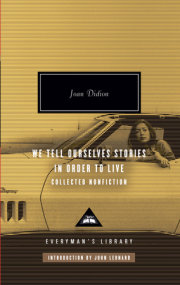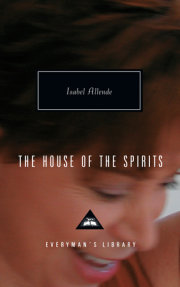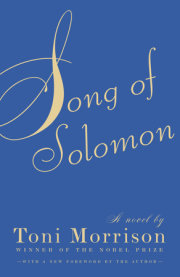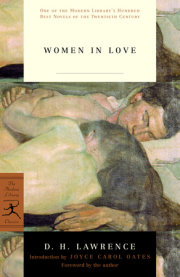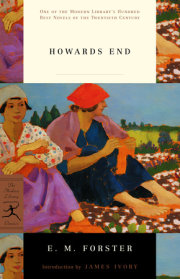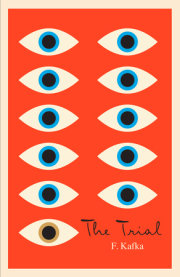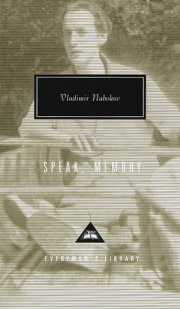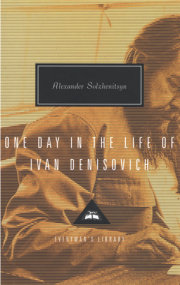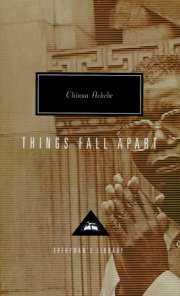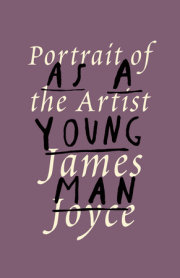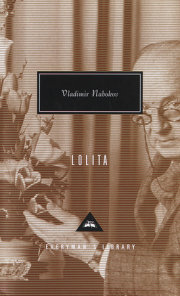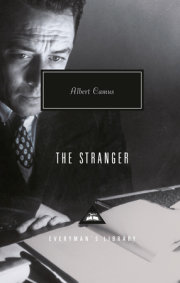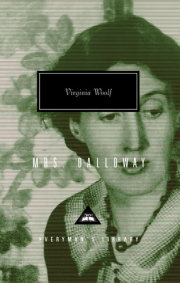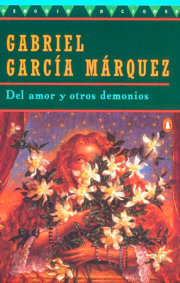IT WAS INEVITABLE: the scent of bitter almonds always reminded him of the fate of unrequited love. Dr. Juvenal Urbino noticed it as soon as he entered the still darkened house where he had hurried on an urgent call to attend a case that for him had lost all urgency many years before. The Antillean refugee Jeremiah de Saint-Amour, disabled war veteran, photographer of children, and his most sympathetic opponent in chess, had escaped the torments of memory with the aromatic fumes of gold cyanide.
He found the corpse covered with a blanket on the campaign cot where he had always slept, and beside it was a stool with the developing tray he had used to vaporize the poison. On the floor, tied to a leg of the cot, lay the body of a black Great Dane with a snow-white chest, and next to him were the crutches. At one window the splendor of dawn was just beginning to illuminate the stifling, crowded room that served as both bedroom and laboratory, but there was enough light for him to recognize at once the authority of death. The other windows, as well as every other chink in the room, were muffled with rags or sealed with black cardboard, which increased the oppressive heaviness. A counter was crammed with jars and bottles without labels and two crumbling pewter trays under an ordinary light bulb covered with red paper. The third tray, the one for the fixative solution, was next to the body. There were old magazines and newspapers everywhere, piles of negatives on glass plates, broken furniture, but everything was kept free of dust by a diligent hand. Although the air coming through the window had purified the atmosphere, there still remained for the one who could identify it the dying embers of hapless love in the bitter almonds. Dr. Juvenal Urbino had often thought, with no premonitory intention, that this would not be a propitious place for dying in a state of grace. But in time he came to suppose that perhaps its disorder obeyed an obscure determination of Divine Providence.
A police inspector had come forward with a very young medical student who was completing his forensic training at the municipal dispensary, and it was they who had ventilated the room and covered the body while waiting for Dr. Urbino to arrive. They greeted him with a solemnity that on this occasion had more of condolence than veneration, for no one was unaware of the degree of his friendship with Jeremiah de Saint-Amour. The eminent teacher shook hands with each of them, as he always did with every one of his pupils before beginning the daily class in general clinical medicine, and then, as if it were a flower, he grasped the hem of the blanket with the tips of his index finger and his thumb, and slowly uncovered the body with sacramental circumspection. Jeremiah de Saint-Amour was completely naked, stiff and twisted, eyes open, body blue, looking fifty years older than he had the night before. He had luminous pupils, yellowish beard and hair, and an old scar sewn with baling knots across his stomach. The use of crutches had made his torso and arms as broad as a galley slave's, but his defenseless legs looked like an orphan's. Dr. Juvenal Urbino studied him for a moment, his heart aching as it rarely had in the long years of his futile struggle against death.
"Damn fool," he said. "The worst was over."
He covered him again with the blanket and regained his academic dignity. His eightieth birthday had been celebrated the year before with an official three-day jubilee, and in his thank-you speech he had once again resisted the temptation to retire. He had said: "I'll have plenty of time to rest when I die, but this eventuality is not yet part of my plans." Although he heard less and less with his right ear, and leaned on a silver-handled cane to conceal his faltering steps, he continued to wear a linen suit, with a gold watch chain across his vest, as smartly as he had in his younger years. His Pasteur beard, the color of mother-of-pearl, and his hair, the same color, carefully combed back and with a neat part in the middle, were faithful expressions of his character. He compensated as much as he could for an increasingly disturbing erosion of memory by scribbling hurried notes on scraps of paper that ended in confusion in each of his pockets, as did the instruments, the bottles of medicine, and all the other things jumbled together in his crowded medical bag. He was not only the city's oldest and most illustrious physician, he was also its most fastidious man. Still, his too obvious display of learning and the disingenuous manner in which he used the power of his name had won him less affection than he deserved.
His instructions to the inspector and the intern were precise and rapid. There was no need for an autopsy; the odor in the house was sufficient proof that the cause of death had been the cyanide vapors activated in the tray by some photographic acid, and Jeremiah de Saint-Amour knew too much about those matters for it to have been an accident. When the inspector showed some hesitation, he cut him off with the kind of remark that was typical of his manner: "Don't forget that I am the one who signs the death certificate." The young doctor was disappointed: he had never had the opportunity to study the effects of gold cyanide on a cadaver. Dr. Juvenal Urbino had been surprised that he had not seen him at the Medical School, but he understood in an instant from the young man's easy blush and Andean accent that he was probably a recent arrival to the city. He said: "There is bound to be someone driven mad by love who will give you the chance one of these days." And only after he said it did he realize that among the countless suicides he could remember, this was the first with cyanide that had not been caused by the sufferings of love. Then something changed in the tone of his voice.
"And when you do find one, observe with care," he said to the intern: "they almost always have crystals in their heart."
Then he spoke to the inspector as he would have to a subordinate. He ordered him to circumvent all the legal procedures so that the burial could take place that same afternoon and with the greatest discretion. He said: "I will speak to the Mayor later." He knew that Jeremiah de Saint-Amour lived in primitive austerity and that he earned much more with his art than he needed, so that in one of the drawers in the house there was bound to be more than enough money for the funeral expenses.
"But if you do not find it, it does not matter," he said. "I will take care of everything."
He ordered him to tell the press that the photographer had died of natural causes, although he thought the news would in no way interest them. He said: "If it is necessary, I will speak to the Governor." The inspector, a serious and humble civil servant, knew that the Doctor's sense of civic duty exasperated even his closest friends, and he was surprised at the ease with which he skipped over legal formalities in order to expedite the burial. The only thing he was not willing to do was speak to the Archbishop so that Jeremiah de Saint-Amour could be buried in holy ground. The inspector, astonished at his own impertinence, attempted to make excuses for him.
"I understood this man was a saint," he said.
"Something even rarer," said Dr. Urbino. "An atheistic saint. But those are matters for God to decide.''
In the distance, on the other side of the colonial city, the bells of the Cathedral were ringing for High Mass. Dr. Urbino put on his half-moon glasses with the gold rims and consulted the watch on its chain, slim, elegant, with the cover that opened at a touch: he was about to miss Pentecost Mass.
In the parlor was a huge camera on wheels like the ones used in public parks, and the backdrop of a marine twilight, painted with homemade paints, and the walls papered with pictures of children at memorable moments: the first Communion, the bunny costume, the happy birthday. Year after year, during contemplative pauses on afternoons of chess, Dr. Urbino had seen the gradual covering over of the walls, and he had often thought with a shudder of sorrow that in the gallery of casual portraits lay the germ of the future city, governed and corrupted by those unknown children, where not even the ashes of his glory would remain.
On the desk, next to a jar that held several old sea dog's pipes, was the chessboard with an unfinished game. Despite his haste and his somber mood, Dr. Urbino could not resist the temptation to study it. He knew it was the previous night's game, for Jeremiah de Saint-Amour played at dusk every day of the week with at least three different opponents, but he always finished every game and then placed the board and chessmen in their box and stored the box in a desk drawer. The Doctor knew he played with the white pieces and that this time it was evident he was going to be defeated without mercy in four moves. "If there had been a crime, this would be a good clue," Urbino said to himself. "I know only one man capable of devising this masterful trap." If his life depended on it, he had to find out later why that indomitable soldier, accustomed to fighting to the last drop of blood, had left the final battle of his life unfinished.
At six that morning, as he was making his last rounds, the night watchman had seen the note nailed to the street door:
Come in without knocking and inform the police. A short while later the inspector arrived with the intern, and the two of them had searched the house for some evidence that might contradict the unmistakable breath of bitter almonds. But in the brief minutes the Doctor needed to study the unfinished game, the inspector discovered an envelope among the papers on the desk, addressed to Dr. Juvenal Urbino and sealed with so much sealing wax that it had to be ripped to pieces to get the letter out. The Doctor opened the black curtain over the window to have more light, gave a quick glance at the eleven sheets covered on both sides by a diligent handwriting, and when he had read the first paragraph he knew that he would miss Pentecost Communion. He read with agitated breath, turning back on several pages to find the thread he had lost, and when he finished he seemed to return from very far away and very long ago. His despondency was obvious despite his effort to control it: his lips were as blue as the corpse and he could not stop the trembling of his fingers as he refolded the letter and placed it in his vest pocket. Then he remembered the inspector and the young doctor, and he smiled at them through the mists of grief.
"Nothing in particular," he said. "His final instructions."
It was a half-truth, but they thought it complete because he ordered them to lift a loose tile from the floor, where they found a worn account book that contained the combination to the strongbox. There was not as much money as they expected, but it was more than enough for the funeral expenses and to meet other minor obligations. Then Dr. Urbino realized that he could not get to the Cathedral before the Gospel reading.
"It's the third time I've missed Sunday Mass since I've had the use of my reason," he said. "But God understands."
So he chose to spend a few minutes more and attend to all the details, although he could hardly bear his intense longing to share the secrets of the letter with his wife. He promised to notify the numerous Caribbean refugees who lived in the city in case they wanted to pay their last respects to the man who had conducted himself as if he were the most respectable of them all, the most active and the most radical, even after it had become all too clear that he had been overwhelmed by the burden of disillusion. He would also inform his chess partners, who ranged from distinguished professional men to nameless laborers, as well as other, less intimate acquaintances who might perhaps wish to attend the funeral. Before he read the posthumous letter he had resolved to be first among them, but afterward he was not certain of anything. In any case, he was going to send a wreath of gardenias in the event that Jeremiah de Saint-Amour, had repented at the last moment. The burial would be at five, which was the most suitable hour during the hottest months. If they needed him, from noon on he would be at the country house of Dr. Lácides Olivella, his beloved disciple, who was celebrating his silver anniversary in the profession with a formal luncheon that day.
Once the stormy years of his early struggles were over, Dr. Juvenal Urbino had followed a set routine and achieved a respectability and prestige that had no equal in the province. He arose at the crack of dawn, when he began to take his secret medicines: potassium bromide to raise his spirits, salicylates for the ache in his bones when it rained, ergosterol drops for vertigo, belladonna for sound sleep. He took something every hour, always in secret, because in his long life as a doctor and teacher he had always opposed prescribing palliatives for old age: it was easier for him to bear other people's pains than his own. In his pocket he always carried a little pad of camphor that he inhaled deeply when no one was watching to calm his fear of so many medicines mixed together.
He would spend an hour in his study preparing for the class in general clinical medicine that he taught at the Medical School every morning, Monday through Saturday, at eight o'clock, until the day before his death. He was also an avid reader of the latest books that his bookseller in Paris mailed to him, or the ones from Barcelona that his local bookseller ordered for him, although he did not follow Spanish literature as closely as French. In any case, he never read them in the morning, but only for an hour after his siesta and at night before he went to sleep. When he was finished in the study he did fifteen minutes of respiratory exercises in front of the open window in the bathroom, always breathing toward the side where the roosters were crowing, which was where the air was new. Then he bathed, arranged his beard and waxed his mustache in an atmosphere saturated with genuine cologne from Farina Gegenüber, and dressed in white linen, with a vest and a soft hat and cordovan boots. At eighty-one years of age he preserved the same easygoing manner and festive spirit that he had on his return from Paris soon after the great cholera epidemic, and except for the metallic color, his carefully combed hair with the center part was the same as it had been in his youth. He breakfasted
en famille but followed his own personal regimen of an infusion of wormwood blossoms for his stomach and a head of garlic that he peeled and ate a clove at a time, chewing each one carefully with bread, to prevent heart failure. After class it was rare for him not to have an appointment related to his civic initiatives, or his Catholic service, or his artistic and social innovations.
Copyright © 2003 by Gabriel Garcia Marquez. All rights reserved. No part of this excerpt may be reproduced or reprinted without permission in writing from the publisher.

